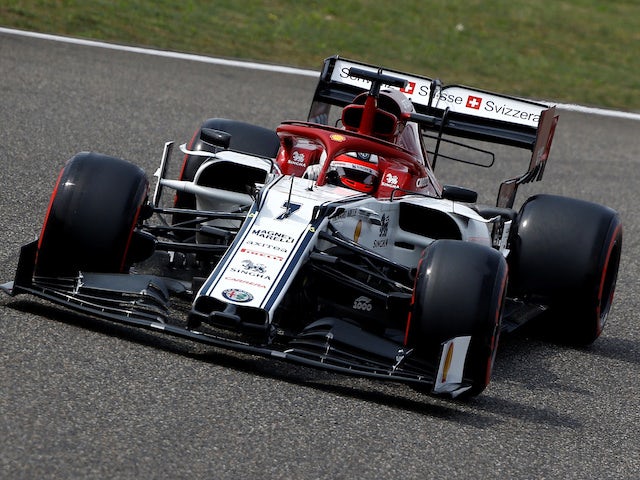Midfield and lower-level Formula 1 teams are pushing for changes in the budget cap system to enable them to catch up in terms of infrastructure.
Before the Canadian GP, Williams boss James Vowles admitted the once-great team is now 20 years behind the top teams in terms of key infrastructure at the factory.
But he says the budget cap is now allowing Williams to catch up now that it can afford it.
"The numbers we're talking about here is hundreds of millions - not 10 million or 20 million - but hundreds of millions to sort of catch up with the level of investment," said Vowles.
"What we're looking for at the moment is the ability to have sporting equity - the ability to have infrastructure that matches our peers."
Another team very keen on rule changes is Sauber - currently known as Alfa Romeo. But by 2026, the Swiss outfit will have fully transitioned to become Audi's new works F1 team.
"The important difference is no longer the budget that each team has," team representative Alessandro Alunni Bravi told the Spanish newspaper El Mundo Deportivo.
"It's the infrastructure. The top teams have been investing without any limit in the previous 20 years so that their cutting-edge technology and facilities are not comparable to the rest of the teams," he added.
Bravi said it is now "a very important point" whether the FIA will allow the lagging teams to catch up.
"If we really want to get to a point of creating opportunities for everyone to aim for at least podiums, we have to put an end to this structural difference between big and small," he insisted.
If the FIA does allow some special investments for F1's non-top teams, Bravi thinks it will be possible for up to 6 or 7 teams to be fighting at the top.
"Now there are 3 or 4 teams that can fight at the top but I can imagine a much more competitive championship. In 2026 we will have 6 official manufacturers - a situation never seen in F1," the Italian lawyer added.







